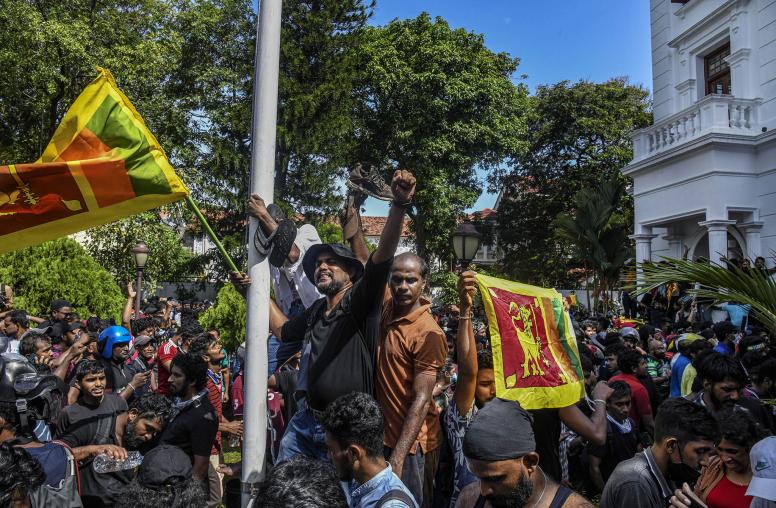Elevating Women’s Leadership for Effective Transboundary Water Cooperation
Research shows that including women in peace processes makes agreements more durable and leads to lower instances of conflict. Despite this, less than 10 percent of negotiators in peace processes are women — and in transboundary water management, women are specifically underrepresented, especially at higher levels of decision-making. However, entities such as the Women in Water Diplomacy Network are looking to change this by supporting a community of practice focused on empowerment, peer-to-peer learning and collective advocacy for formal and informal women water diplomats, with a focus in conflict-sensitive regions such as the Nile Basin, Central Asia and Afghanistan, among others.
On June 20, USIP, the Environmental Law Institute and the Stockholm International Water Institute hosted a conversation on women’s leadership in water diplomacy. In honor of the second International Day of Women in Diplomacy, women water diplomats from around the world discussed water conflict sensitivities, shared lessons learned and enumerated paths forward for peace.
Continue the conversation on Twitter using #WomenWaterAndPeace and #WaterDiplomacy.
Speakers
Kayly Ober, welcoming remarks
Senior Program Officer, Climate, Environment and Conflict, U.S. Institute of Peace
Henk W.J. Ovink, keynote address
Special Envoy for International Water Affairs, Kingdom of the Netherlands
Elizabeth A. Koch, moderator
Senior Manager for International Programs, Environmental Law Institute; Process Support Lead, Women in Water Diplomacy Network
Foman Forough
Former Director General of the Kabul River Basin, Afghanistan
Zodwa Dlamini
Former Chief Delegate and Permanent Representative for South Africa, Lesotho Highlands Water Commission
Tanya Trujillo
Assistant Secretary for Water and Science, U.S. Department of Interior
Swathi Veeravalli
Director of Climate Security and Adaptation, National Security Council
Aubrey Paris
Senior Advisor, Gender, Climate Change and Innovation, Secretary’s Office of Global Women’s Issues, Department of State



